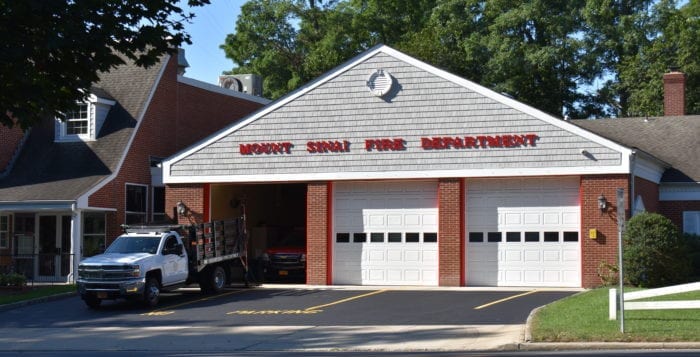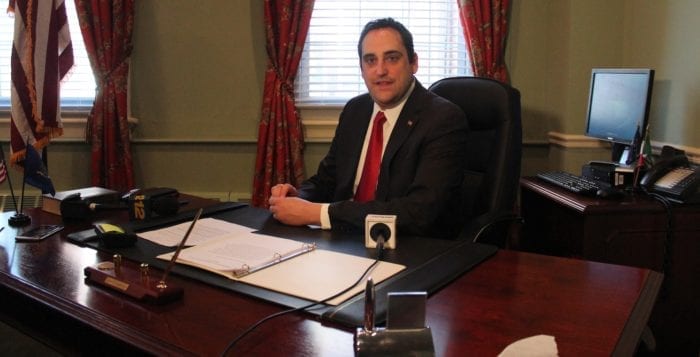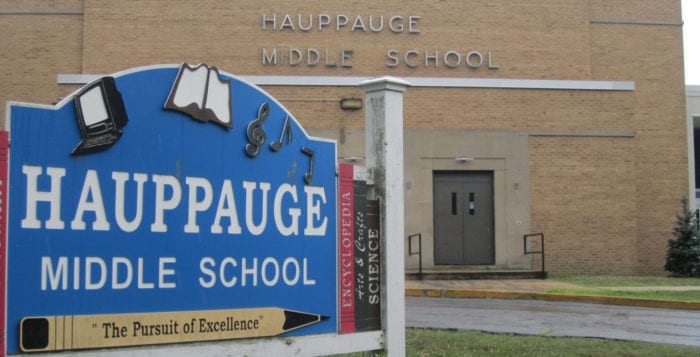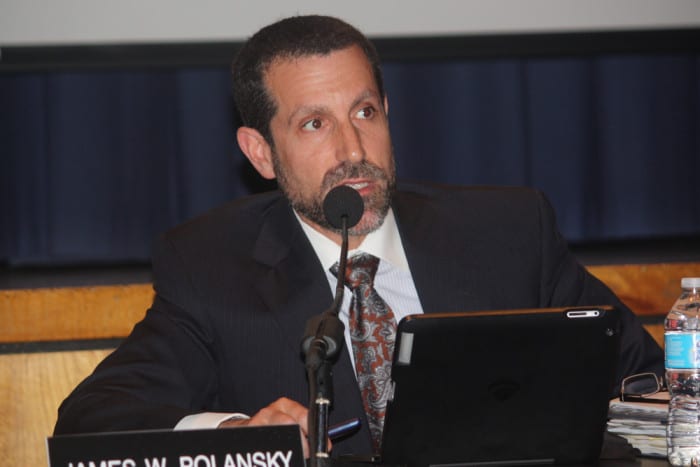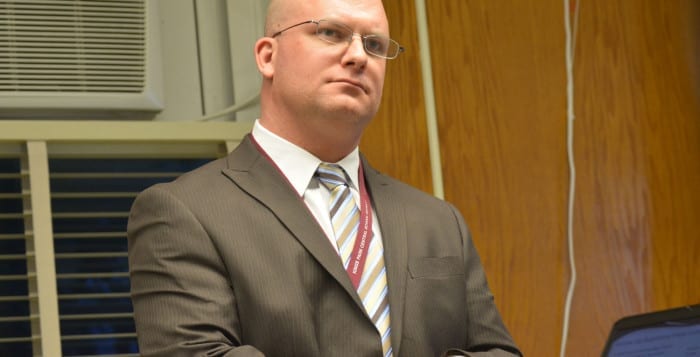By Leah Chiappino
A state audit has left the Mount Sinai Fire District to review their finances after concluding they had too large a surplus of funds.
“These funds are used to improve and maintain Fire district property, purchase life saving equipment and fire apparatus.”
—Joseph Tacopina
A state comptroller report released Aug. 23 found officials at the Mount Sinai Fire District raised taxes unnecessarily at a rate of $64,000, or 4 percent, over a four-year period. Due to the district overestimating their spending needs by $312,554 between Jan. 1, 2015 and Dec. 31, 2018, and underestimating revenue, the district has operated on a surplus of $383,664 over four years.
The report found the board transferred almost all of the operating surplus to its reserve funds, leaving the districts unrestricted fund balance virtually empty.
The report states taxes needed to be increased, which resulted in the hike. The district did not adopt a fund balance policy, a reserve policy, a multi-year financial plan or include an estimate of fund balance when they adopted the budget.
The comptroller’s office says multiyear planning “can be a vital tool to set long-term priorities and work toward goals.” They added the district “should adopt a fund balance policy that addresses the appropriate levels of fund balance to be maintained from year-to-year and provides the board with guidelines during the budget process.”
The district is a public entity run through the state, separate from Brookhaven town. It is governed by a five-seat elected Board of Fire Commissioners, who are responsible for managing the district’s finances, as while as “safeguarding” its resources. The district is separate from the fire department.
In a response letter dated Aug. 9 included in the report, Board Chairman Joseph Tacopina said the board will adopt an amendment to the reserve policy that will set funding balances for reserve accounts and be “more diligent in the documentation of the specific intentions for any year-end appropriations transferred into those established reserve accounts.”
Spokesperson for the comptroller’s office Tania Lopez declined to comment on the audit, stating in an email that it “pretty much speaks for itself.”
The district totaled $27,203 in spending with cases where they didn’t seek the required number of quotes in 2017 for goods and services. The comptroller’s office said they found multiple services for cheaper than the district purchased.
For instance, a car reparir shop was paid $3,125 in June, 2017 for body repairs and truck painting before the district got the two verbal quotes required. In the report, the comptroller’s office said district manager Larry Archer stated there were “limited vendors who could do this work locally,” and the shop was a “sole source vendor.” The comptroller’s office replied it would not be a sole source vendor if there were limited vendors.
In another case, the district purchased lighting fixtures for $2,030. In doing an online search, the comptroller’s office found the same fixtures for $1,628.
In an email, Tacopina reaffirmed claims that the board is doing all they can to be fiscally responsible and added the state restrictions hinder their scope.
“The Mount Sinai Fire District has consistently submitted budgets at or below the instituted New York State mandated 2 percent tax cap,” he said. “The Mount Sinai Fire District works each year successfully to cut costs and conserve the community’s tax dollars. This is despite all the mandates imposed by New York State and the federal government. Those cost savings are transferred each year to reserve funds. These funds are used to improve and maintain Fire district property, purchase life saving equipment and fire apparatus.”

